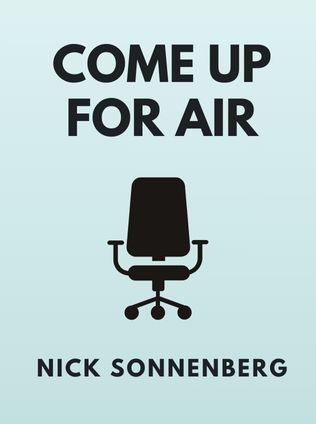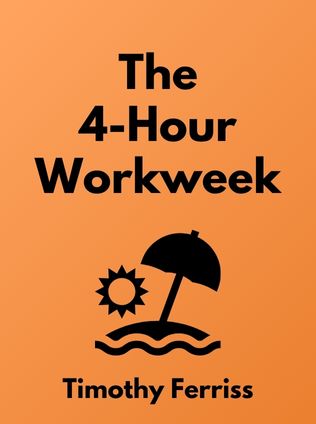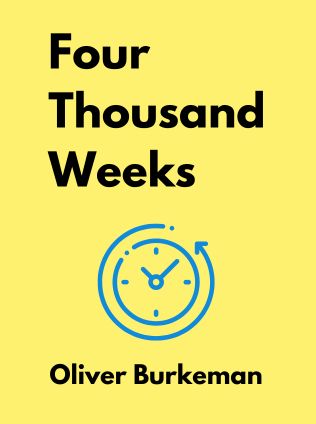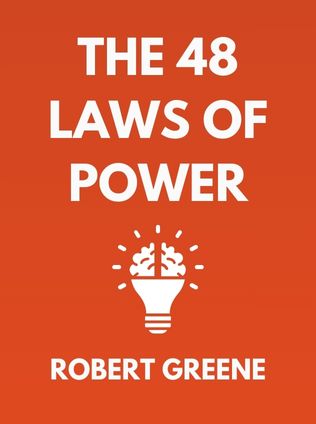
Come Up for Air
How Teams Can Leverage Systems and Tools to Stop Drowning in Work
By Nick Sonnenberg
Published 02/2023
About the Author
Nick Sonnenberg is an entrepreneur, CEO, and co-founder of Leverage, a business efficiency consultancy. With a background in financial engineering, he has a unique perspective on optimizing productivity and workflow. Nick's passion for leveraging systems and tools to improve operational efficiency is evident in his work, helping teams worldwide streamline their processes and achieve more with less stress. Nick is also a regular contributor to Inc. Magazine and has been featured in Forbes, Entrepreneur, and Fast Company, where he shares his insights on productivity and efficiency.
Main Idea
Come Up for Air presents Nick Sonnenberg's proven operational efficiency framework, the CPR Framework, designed to help teams leverage systems and tools to reduce overwhelm and increase productivity. The book addresses the challenges of modern work environments, emphasizing the importance of using the right tools in the right ways to streamline communication, planning, and resource management.
Table of Contents
- Introduction
- The CPR Framework
- Part 1: Communication
- Part 2: Planning
- Part 3: Resources
- Conclusion
Analyzing and Explaining Each Idea in Depth
Introduction
Nick Sonnenberg begins by addressing the common issue faced by many teams: being overwhelmed with work. He acknowledges the pervasive feeling of being "drowned in work" and offers a solution through the CPR Framework. This framework is designed to help teams align on when and how to use modern tools effectively, ultimately reducing inefficiencies and enhancing productivity.
Sonnenberg describes the modern workplace as a fast-paced environment where old methods no longer suffice. Teams often find themselves working late nights and weekends, perpetually overwhelmed. However, with the right systems in place, this can change. The book promises to guide teams through a process of leveraging technology and systems to eliminate inefficiencies, streamline workflows, and ultimately create a more productive and enjoyable work environment.
The CPR Framework
The CPR Framework stands for Communication, Planning, and Resources. These three domains are foundational to any organization and are crucial for operational efficiency. By focusing on these areas, teams can eliminate the small inefficiencies that add up over time, allowing them to come up for air and operate more effectively.
The core idea is that knowing when and how to use each type of tool is more important than the tools themselves. There are many highly functional tools available, but without the proper knowledge and alignment on their usage, teams will continue to struggle. The CPR Framework addresses this by providing clear guidelines and strategies for leveraging these tools to their fullest potential.
Part 1: Communication
Effective communication is the cornerstone of any successful team. Sonnenberg highlights the importance of organizing communication to reduce distractions and improve efficiency. He introduces the concept of the "Scavenger Hunt," where information is scattered across various platforms, making it hard to find and causing unnecessary delays.
"Most organizations are set up in a 'push' communication environment, where information is pushed out nonstop, creating a barrage of incoming messages that distract and overwhelm teams." - Nick Sonnenberg
To combat this, Sonnenberg advocates for a "pull" communication environment, where information is accessible when needed, without causing immediate distractions. He also emphasizes the importance of separating external and internal communication tools, using email for external communication and tools like Slack or Microsoft Teams for internal communication.
Sign up for FREE and get access to 1,400+ books summaries.
You May Also Like
The Life-Changing Magic of Tidying Up
The Japanese Art of Decluttering and Organizing
By Marie KondoThe Lean Startup
How Today's Entrepreneurs Use Continuous Innovation to Create Radically Successful Businesses
By Eric RiesWho Moved My Cheese?
An Amazing Way to Deal with Change in Your Work and in Your Life
By Spencer Johnson, M.D.Make Your Bed
Little Things That Can Change Your Life...And Maybe the World
By William H. McRaven



















